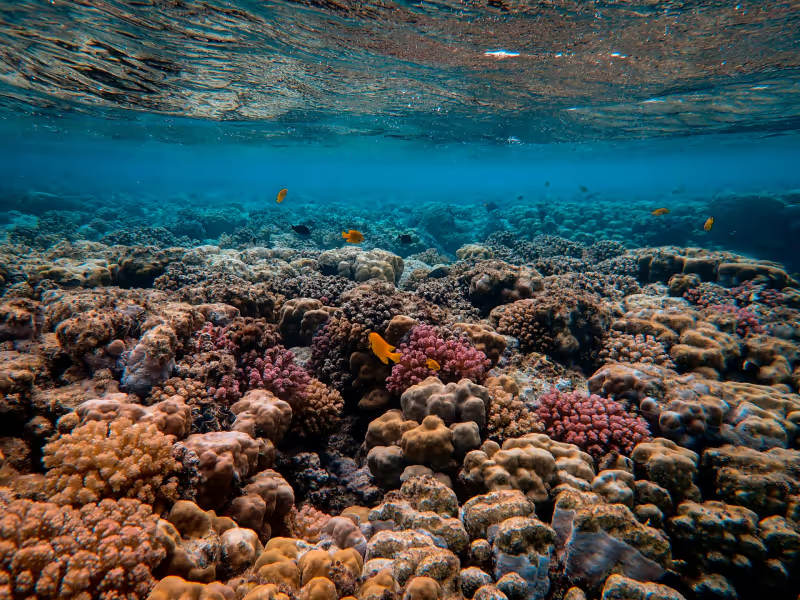Coral reefs are among the most biodiverse and delicate ecosystems on the planet. As popular destinations for divers, these vibrant underwater worlds face increasing threats from tourism. Dive centers play a crucial role in preserving coral reefs, ensuring that the allure of these natural wonders remains intact for future generations. Here’s how dive centers can minimize their impact on coral reefs and contribute to conservation efforts.
1. Educating Divers on Responsible Practices
One of the most effective ways to protect coral reefs is through education. Dive centers should provide thorough briefings on responsible diving practices before every dive. This includes maintaining buoyancy control, avoiding contact with coral, and not touching or collecting marine life. By educating divers, you help prevent accidental damage to the reef.
Diversdesk can assist by offering digital onboarding solutions that include pre-dive briefings and educational materials. These can be easily accessed and reviewed by divers before they even set foot on the boat, ensuring everyone is informed and prepared.
2. Promoting Sustainable Dive Tourism
Sustainable tourism practices are key to reducing the environmental footprint of dive operations. Dive centers can limit the number of divers per dive site, use mooring buoys instead of anchors to prevent reef damage, and schedule dives during less crowded times to reduce stress on the reef.
Incorporating Diversdesk into your operations allows for efficient scheduling and management of dive trips. By using advanced planning tools, you can ensure that dive sites are not overcrowded, and that your operations align with sustainable practices.
3. Supporting Coral Reef Conservation Programs
Dive centers can contribute directly to conservation by participating in or supporting coral restoration projects and reef monitoring programs. Organizations like Coral Restoration Foundation and Green Fins work globally to protect and restore coral reefs. By collaborating with these organizations, dive centers can play an active role in conservation.
Diversdesk can facilitate this by providing tools to track and manage conservation activities, ensuring that dive centers remain engaged in these crucial efforts.
4. Reducing Plastic Use and Waste
Plastic pollution is a significant threat to coral reefs. Dive centers should strive to minimize plastic use, promote the use of reusable water bottles, and ensure proper waste disposal practices are in place. Engaging in beach clean-ups and educating divers about the impact of plastic pollution can also make a big difference.
By digitizing operations with Diversdesk, dive centers can reduce the need for paper and plastic, contributing to a cleaner, more sustainable environment.
5. Implementing Environmental Monitoring
Regular monitoring of dive sites helps in assessing the health of coral reefs and identifying areas that need protection or restoration. Dive centers can engage in citizen science projects, where divers help collect data on coral health, fish populations, and water quality.
Diversdesk provides dive centers with the tools to record and analyze this data, making it easier to monitor changes over time and contribute valuable information to conservation initiatives.
Conclusion
Coral reefs are invaluable ecosystems that require our protection. By adopting responsible practices, supporting conservation efforts, and integrating digital solutions like Diversdesk, dive centers can significantly reduce their impact on these fragile environments. Organizations such as Green Fins and Coral Restoration Foundation offer invaluable resources and support to dive centers committed to conservation. Together, we can ensure that coral reefs continue to thrive, providing beauty and biodiversity for generations to come.
By subtly incorporating Diversdesk into your dive center’s conservation strategy, you can streamline operations while contributing to the global effort to protect coral reefs. The tools provided by Diversdesk help you not only run an efficient and eco-friendly operation but also empower you to be a proactive steward of the underwater world.
